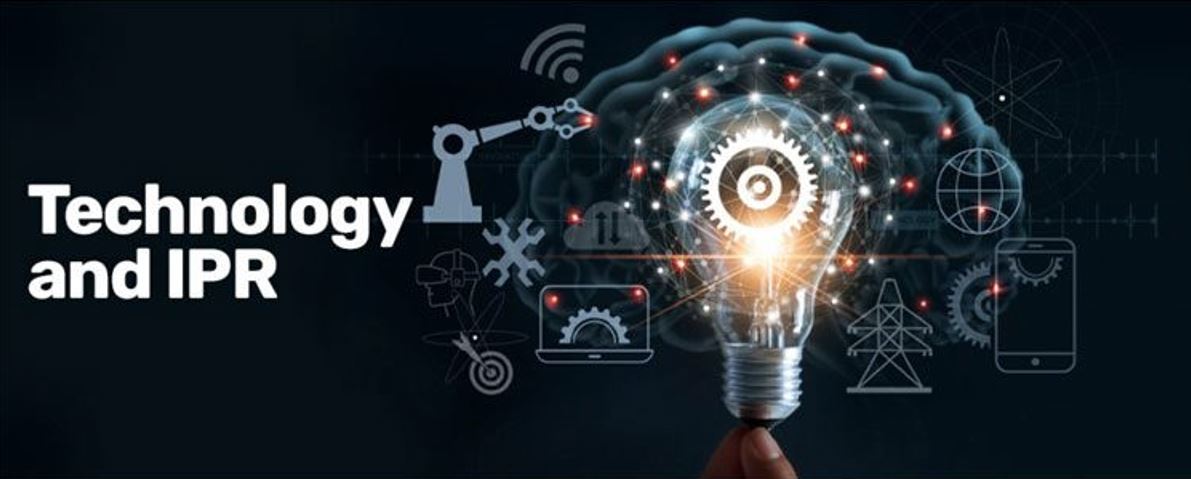
THE ROLE OF TECHNOLOGY IN SHAPING INTELLECTUAL PROPERTY LAWS
This research paper delves into the dynamic interplay between technology and intellectual property rights, exploring the profound impact of technological advancements on the creation, protection, and enforcement of intellectual property. In an era characterized by rapid innovation, the study investigates the transformative influence of technologies such as artificial intelligence, blockchain, and the Internet of Things on traditional intellectual property frameworks. The research employs a comprehensive literature review to contextualize the evolving relationship between technology and intellectual property, identifying key theoretical frameworks and contemporary debates. A mixed-methods approach, including surveys and case studies, is employed to analyse the practical implications of technology on intellectual property rights across various industries. The findings highlight the challenges and opportunities posed by technology in intellectual property management, shedding light on issues such as digital piracy, data ownership, and the balance between open innovation and intellectual property protection. The research also explores the emergence of new business models and legal paradigms shaped by technological advancements, providing insights into the adaptability of current intellectual property regulations. Ethical considerations are thoroughly examined, emphasizing the importance of ensuring a fair and inclusive intellectual property landscape amidst rapid technological change. The study concludes with recommendations for policymakers, businesses, and researchers, offering insights into navigating the evolving terrain of intellectual property in the digital age. This research contributes to the scholarly discourse on the intersection of technology and intellectual property, providing a nuanced understanding of the challenges and opportunities that arise as society navigates the complex interplay between innovation and legal frameworks.



